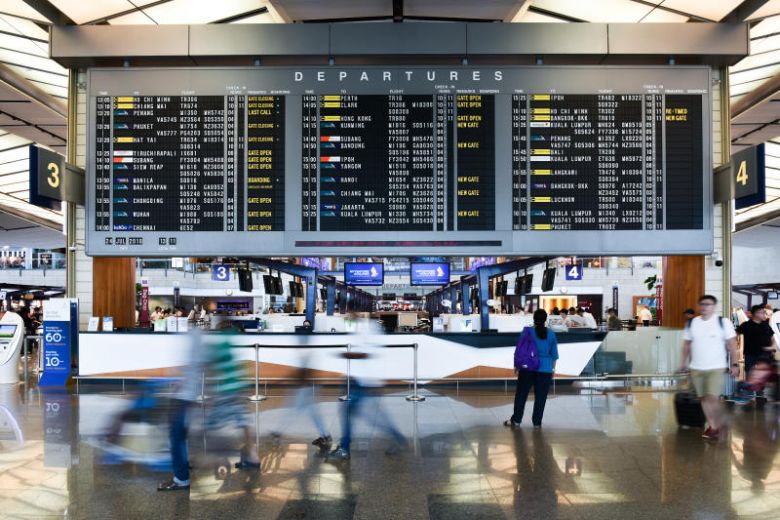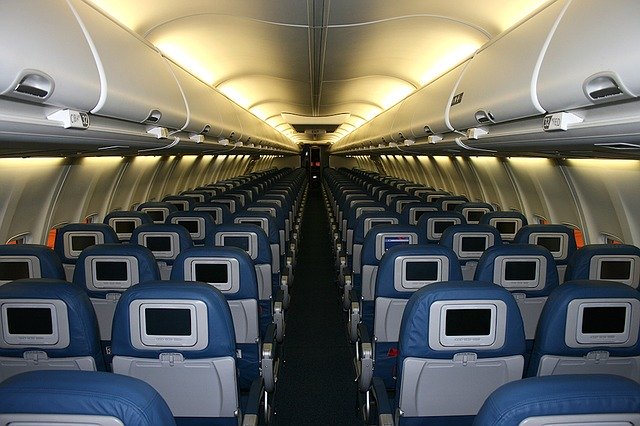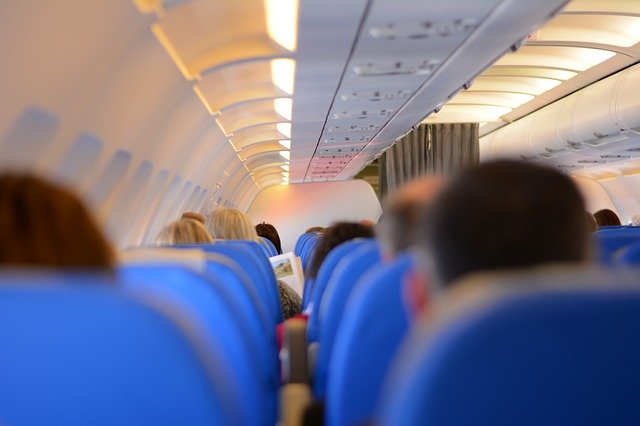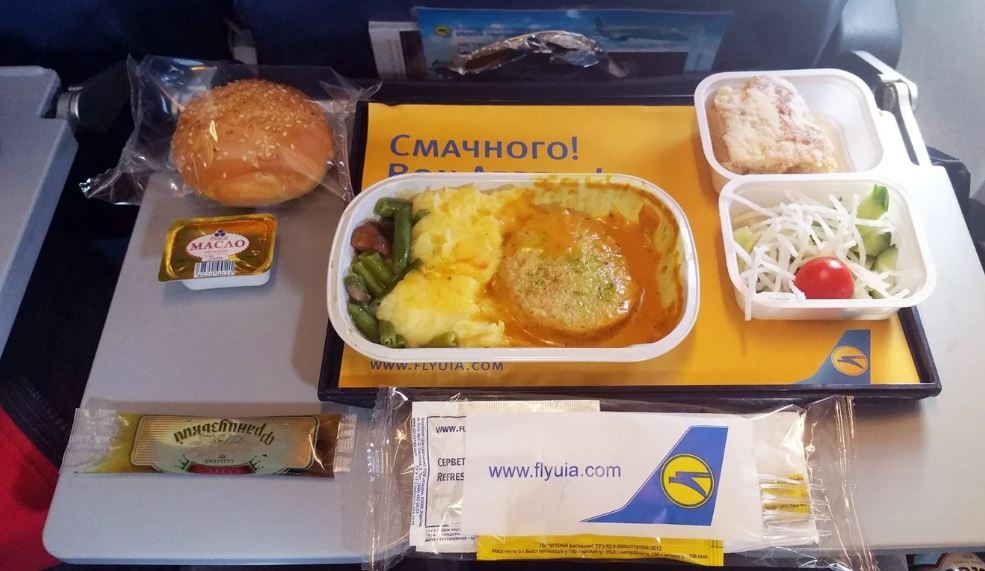Worst-case scenarios of what air travel may be like post-Covid-19, and it's not just expensive fares


 PUBLISHED ONMay 19, 2020 10:27 AMBYCandice Cai
PUBLISHED ONMay 19, 2020 10:27 AMBYCandice CaiThe airline industry is gearing itself for a restart after the coronavirus pandemic blows over as evidenced by the release of flight routes and schedules by some airlines.
However, travel industry experts are warning travellers to prepare for a new reality of flying and how air travel may never be the same again — at least for quite a while.
In his viral video, aviation and travel vlogger Sam Chui offers several worst-case scenarios that may make travelling a nightmare, or at least, "it won't be as fun as it was".
And it goes beyond the possibility of a mandatory face mask rule and social distancing.
Just how painful is it going to be? We run through the possibilities.
1. More expensive flights
Probably the number one concern for most leisure travellers would be how plane ticket prices will be affected post-Covid-19.
Between social distancing on planes (we'll come to that later) leading to reduced capacity and lower flight frequency, prices are expected to increase to cover the airlines' cost.
Last week, Alexandre de Juniac, director general and CEO of the International Air Transport Association (IATA), dropped the bad news we all hope to never hear, that "the era of affordable travel will come to an end" as airlines fight to survive.
All is not lost, however, as airlines are expected to launch travel fare promotions to lure travellers back to the skies.
Discount bookings site Dollar Flight Club analysed airfare and industry data based on previous downturns and has predicted discounts of up to 35 per cent on air tickets running through to 2021.
Post-2021, however, prices may rise 27 per cent on average above 2019 levels, due to a combination of factors such as demand outstripping supply, and an increase in bag fees and miscellaneous charges.
2. Additional health screenings and sanitisation

Last month, Emirates was the first to conduct 10-minute coronavirus blood tests at departure gates. This may be a difficult and time-consuming measure to roll out across all destinations, not to mention how it is also super intrusive. But at the very least, we can expect the usual infra-red temperature checks. Mask-wearing may be made mandatory as well.
According to Chui, Hong Kong International Airport has begun testing full-body disinfection pods, and mobile disinfection robots could be a reality at airports. Even checked baggage may also have to be sanitised.
3. Longer check-in time

Part of the joy of living in Singapore (and especially the East), is the proximity to Changi Airport. But post Covid-19, we could bid goodbye to hopping on a plane and travelling on a whim.
Social distancing when queuing, coupled with more stringent health checks and disinfection procedures, may mean you will be required to arrive at the airport much earlier than 2.5 hours before your flight.
Additionally, personalised check-in processes done by airline ground staff may be replaced by contactless or self check-in options online to minimise human interaction, and this may require more time than before too.
4. Boarding patterns may change

Instead of boarding priority passengers first, Chui suggests that passenger boarding patterns may now change, with passengers at the back rows boarding first, to minimise contact between passengers.
This throws up questions regarding First Class or priority passenger perks and those who'd usually get to board first (elderly, infirm, children and pregnant women, for example).
5. Social distancing on planes

Chatting with your seatmate and finding love on an airplane may be a remote fantasy once social distancing on an aircraft is implemented, for example, by eliminating the use of the middle seat or by transforming it into a divider.
But if you're all for maintaining your privacy and enjoy having more personal space, this could be seen as a positive change. However, this may come at a higher cost — more expensive air tickets, for one.
6. Changes to in-flight meals and entertainment

With many airlines already suspending their inflight catering service, Jesse Neugarten, founder of Dollar Flight Club, predicts that this will continue, with pre-packaged meals or snacks placed on each passenger's seats becoming the new normal instead.
Instead of coffee, tea or a hot towel, the question passengers face could very well be: "Would you like a face mask, sanitising wipe or some hand sanitiser"?
And with in-flight entertainment touchscreens potentially being a hotbed of bacteria, it remains to be seen if flights will scrap them entirely.
While travellers may be wary of travelling immediately post-Covid-19 due to concerns of catching the virus in a confined plane, past research postulates that the probability of the virus transmitting through cabin air is low.
Cabin air is made up of 50 per cent fresh air and 50 per cent recirculated, but filtered air goes through high efficiency particulate (HEPA) filters that capture 99 per cent of virus and bacteria particles, said IATA.
What the filters won't capture, however, are droplets that land on surfaces when someone near you coughs or sneezes.
[[nid:477188]]
Those seated within two rows of an infected person are the most vulnerable to catching the virus. But as you won't know who may have the virus before choosing your seat, a window seat is your safest bet as you are less likely to get out of your seat and be in contact with others.
Regardless of where you are seated, always practise good hand hygiene to guard yourself against germs on a plane.
Keep your alcohol-based hand sanitiser close and sanitise your hands before or after eating, and even after washing your hands in the loo. Avoid touching your face at all cost. And if it makes you feel better, wipe down the armrests with alcohol-based wet-wipes.
After all as travellers, our aim is to catch flights, not feelings, and certainly not diseases.
candicecai@asiaone.com